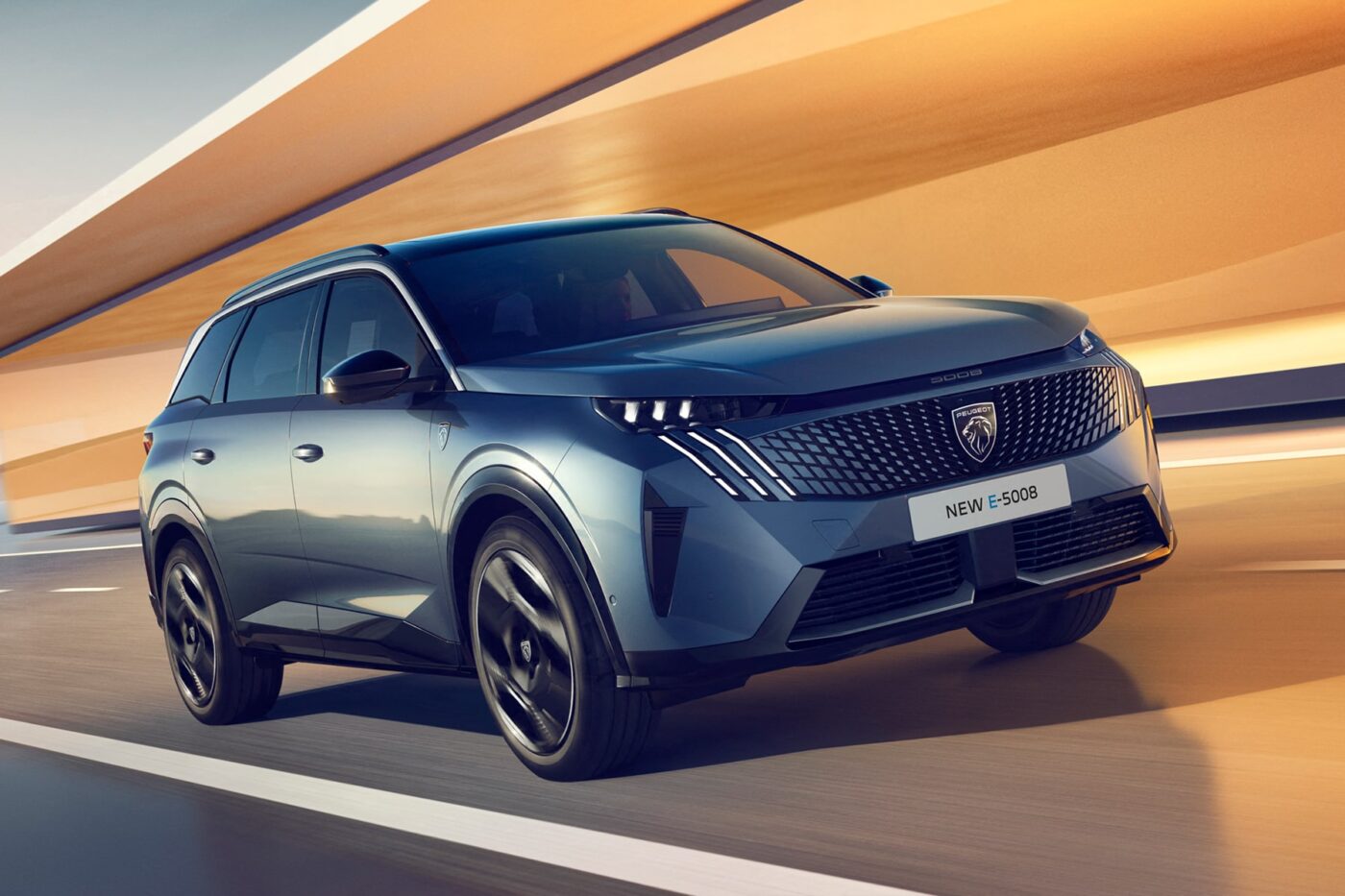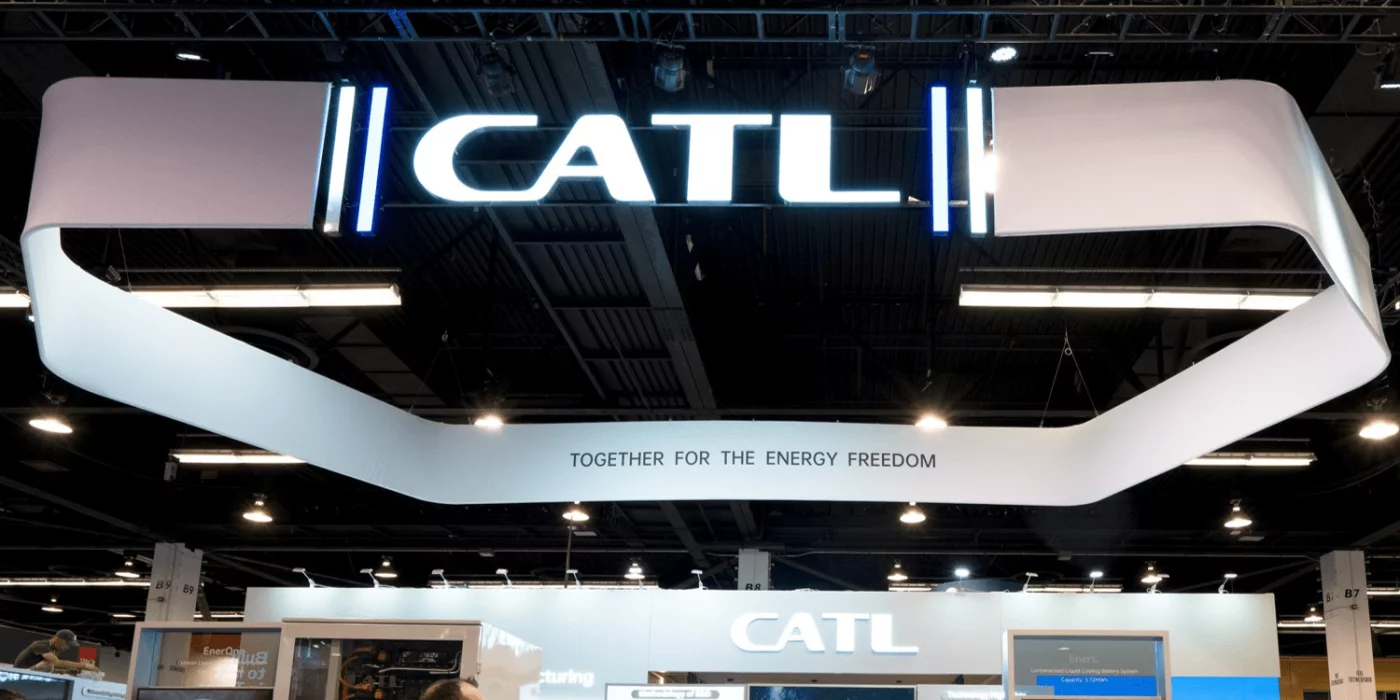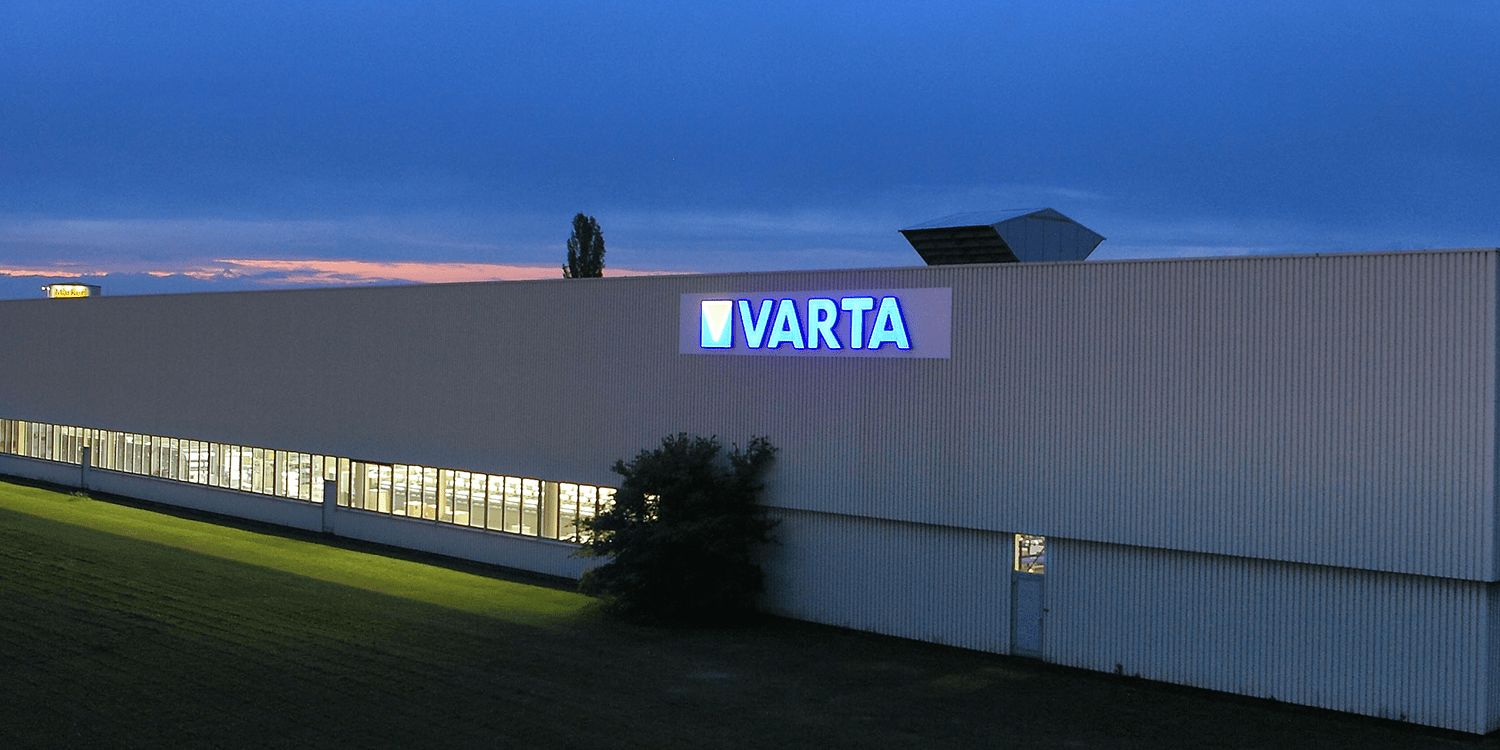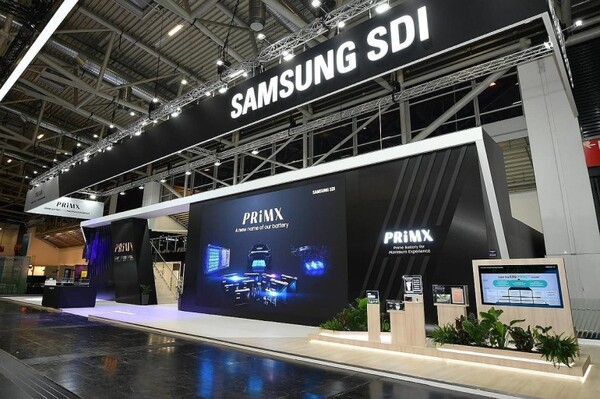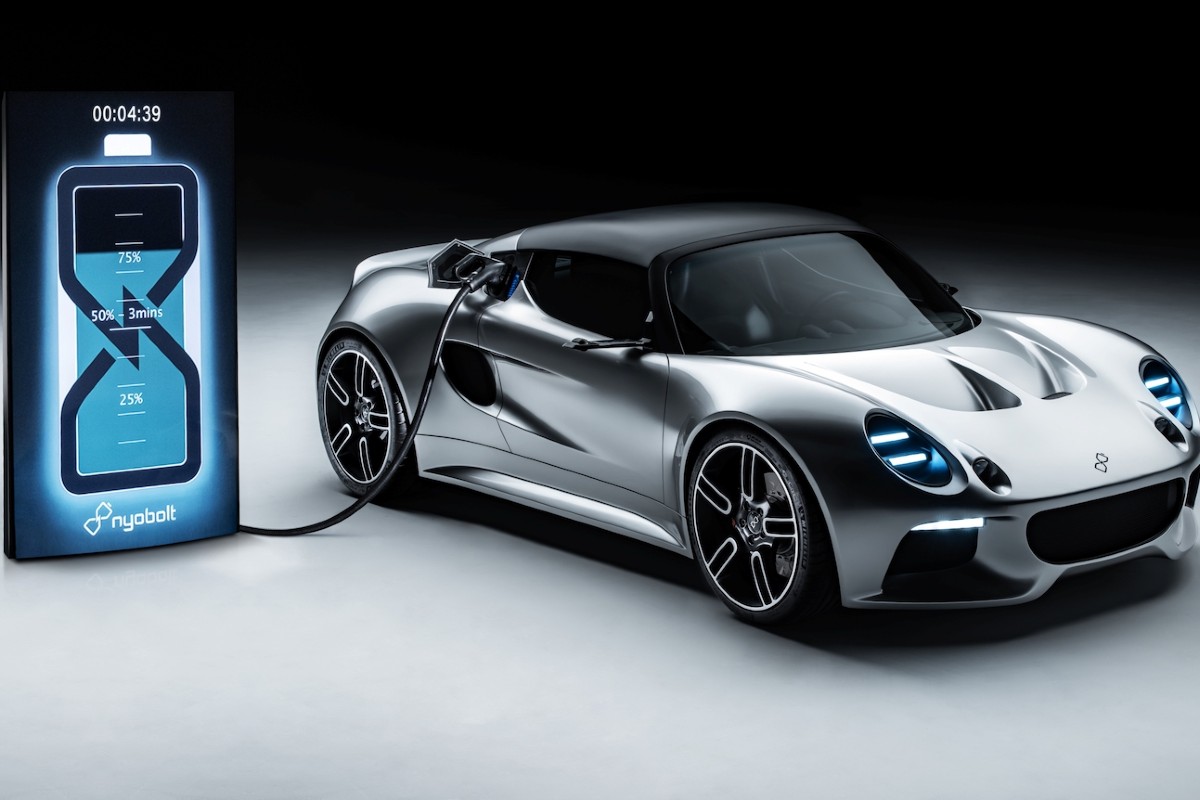Stellantis, the automotive conglomerate behind brands like Peugeot, Fiat, and Chrysler, has announced a strategic partnership with the French state’s CEA research organization to innovate the next generation of battery cells for electric vehicles (EVs). This initiative reflects a broader industry effort to enhance battery technologies and reduce costs amid varying market dynamics.
Global EV demand has faced challenges including high borrowing costs and consumer preferences for hybrid vehicles, slowing growth compared to expectations. In response, competitors like Tesla and other EV manufacturers have adjusted pricing strategies and offered incentives to stimulate showroom traffic.
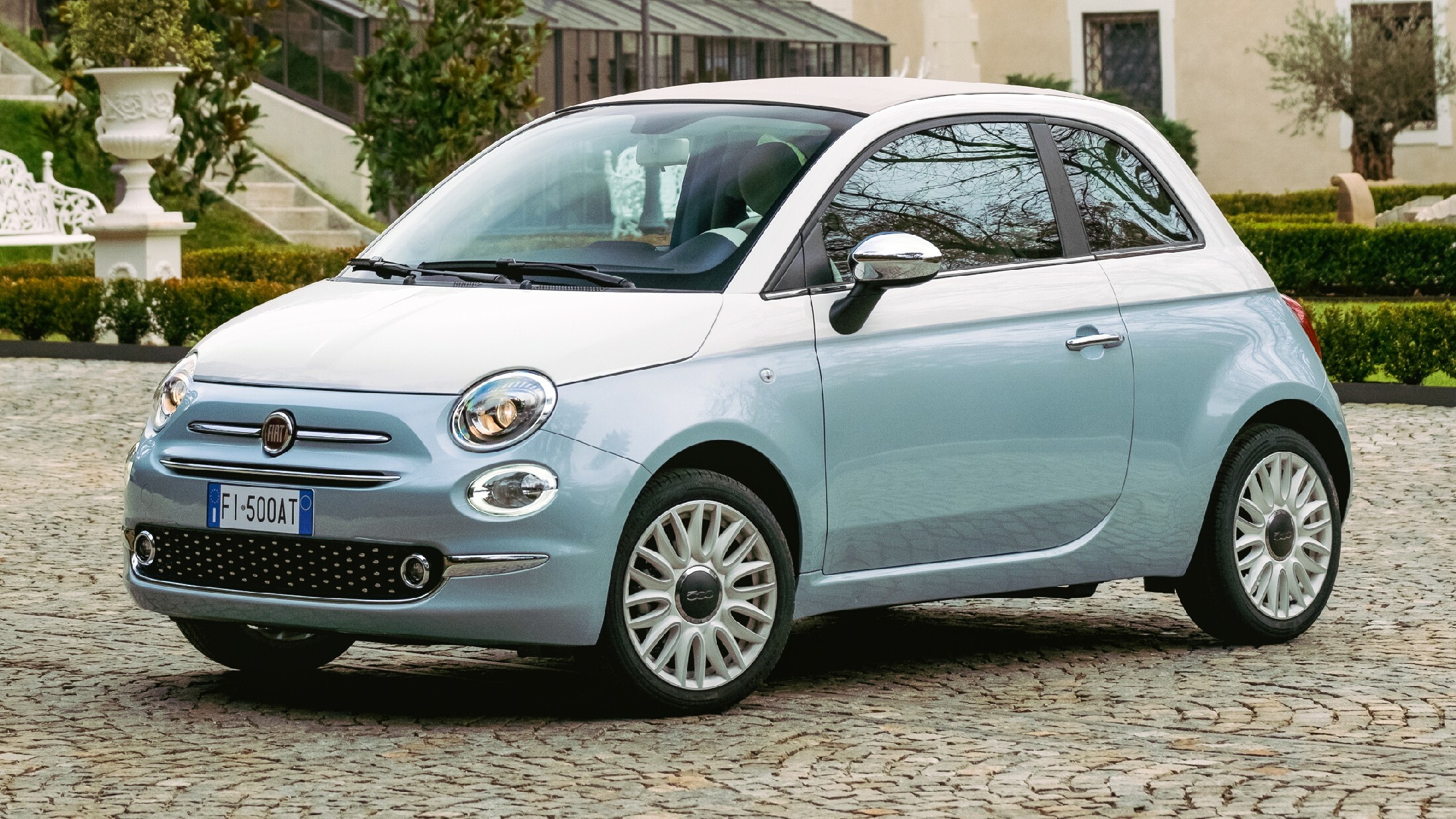
“We recognize that battery technology is on the brink of transformation. While the exact nature of this evolution remains uncertain, we are committed to leading this change,” remarked Ned Curic, Chief Engineering and Technology Officer at Stellantis. “Internally, we are exploring multiple technologies and forging partnerships with startups, labs, universities, and esteemed research institutions like CEA. This collaboration aims to accelerate the development of disruptive battery cell technologies, supporting our mission to provide clean, safe, and affordable mobility.”
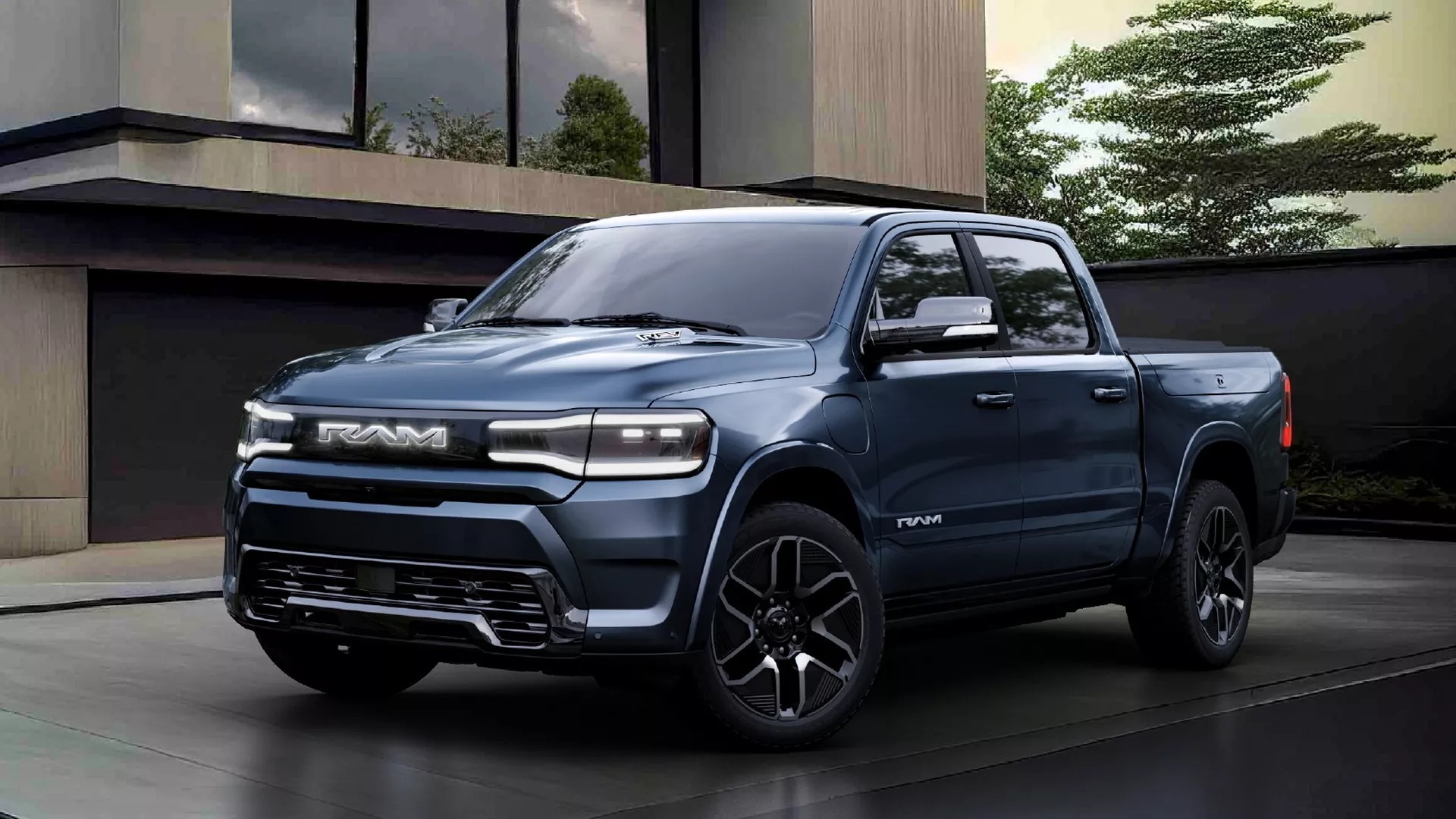
According to the International Energy Agency, global EV sales are projected to reach 16.6 million vehicles in 2024, up from 13.7 million in 2023, with notable growth in China surpassing other regions.
Earlier in June, Stellantis CEO Carlos Tavares highlighted the synergies resulting from the Fiat-Chrysler and PSA merger, now estimated at 8.4 billion euros annually, exceeding initial expectations. Additionally, Stellantis plans to enhance shareholder returns, aiming for the upper range of its dividend payout policy and allocating at least 7.7 billion euros to dividends and buybacks this year.

